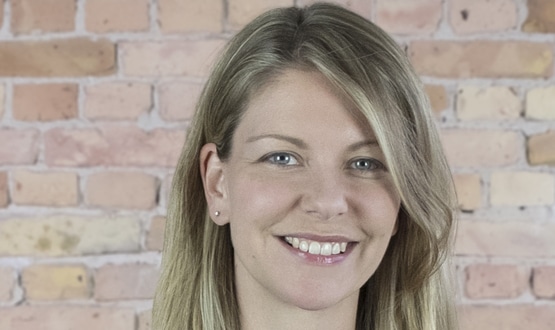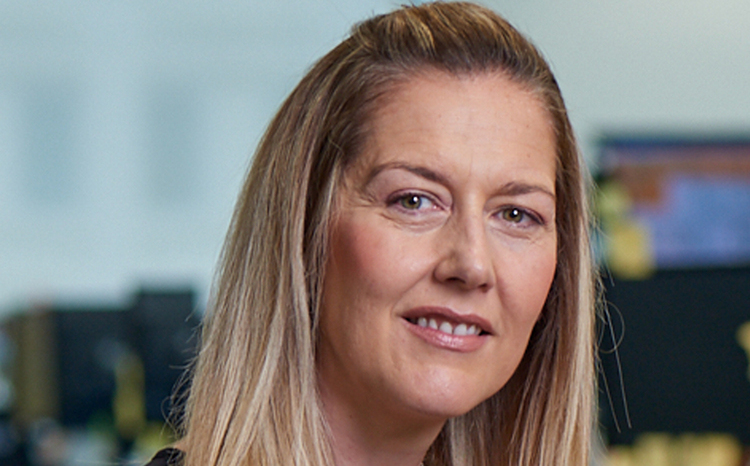Female entrepreneur says women’s role in health tech will change

A former NHS doctor who co-founded an AI-driven medical platform sat down with Digital Health News to talk about her career journey and her thoughts on gender imbalance within the health technology sector.
Dr Claire Novorol, who is also the chief medical officer at Ada Health, trained to be a doctor in Bristol and has previously worked as a pediatrician in a number of hospitals in London, including Great Ormond Street.
Then in 2017 Dr Novorol moved to Cambridge where she worked as a genetics registrar before studying for a PHD, specialising in rare genetics diseases.
It was her time in Cambridge where Dr Novorol become involved in the city’s start up scene and where she first started becoming interested in the health technology sector.
“I was always really creative at school and while working as a doctor I always felt as if something was missing,” Dr Novorol said.
“During my time at Cambridge I had more time on my hands, so I became involved in the start-up scene and from then on I didn’t want to go back.”
One of Dr Novorol’s first projects was Doctorpreneurs, a global community for doctors, medical students and individuals interested in healthcare innovation and entrepreneurship, which was launched in 2011.
The community now boasts 15,000 members.
In the same year, Dr Novorol also met fellow Ada Health founders Daniel Nathrath and Dr Martin Hirsch at a conference in Berlin.
From there Ada Health, an artificial intelligence-driven app which offers advice when you’re feeling unwell, was born.
“I was the first doctor on the team and we have just grown it from there,” Dr Novorol said.
“We know have about 80 people spread across Berlin, Munich and London.”
In addition, the company announced in November 2017 that it had received £35 million funding from a number of private investors.
When questioned about whether she faced any barriers due to her gender, Dr Novorol was quick to say she has had no personal experience.
“I personally have not felt any barriers, I came to this opportunity [at Ada Health] with many years experience as a doctor,” she said.
“I think having a lot of experience is something that is needed on a start-up team, whether they are male or female.”
“I would say though that the vast majority of conferences are full of men, and especially those in a leadership position.
“In addition, investors are mainly male and perhaps feel more comfortable investing in projects led by men.”
Despite feeling as if there is some bias in the health technology space, Dr Novorol said she does believe change will happen – though it might take some time.
“We need to be proactively getting women onto these investment boards,” she added.
“Women can bring a whole different approach which might be useful.
“I think we also need to have more role models for women to give them the ambition to be a leader. This could start at school and university.
“I do think the role of women in the health technology sector will change over time.”
When asked about what advice she would give women who might be thinking of choosing a career in the health technology sector, Dr Novorol said there are a number of benefits.
“There is a real opportunity to make a difference in health technology,” she said.
“Technology is changing very industry so fast and it is a chance to do some good.”




